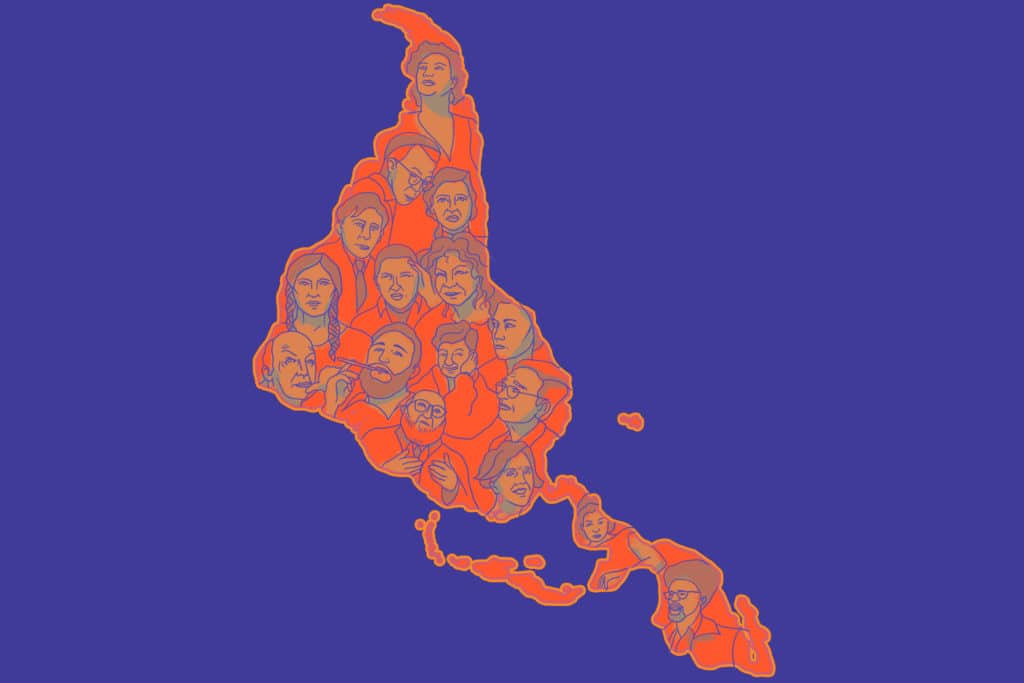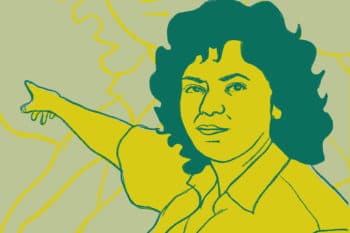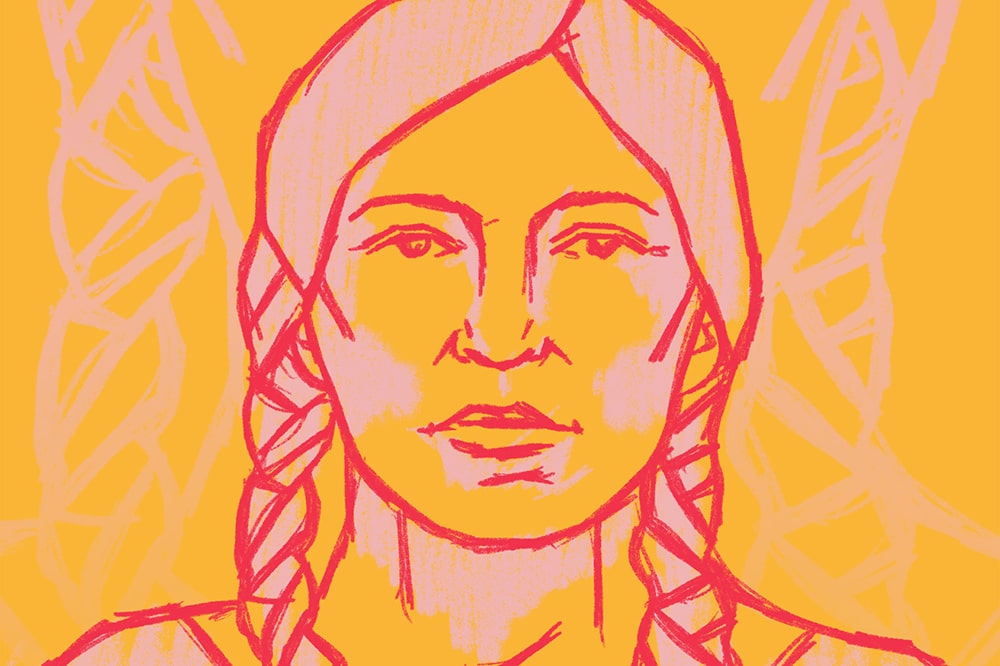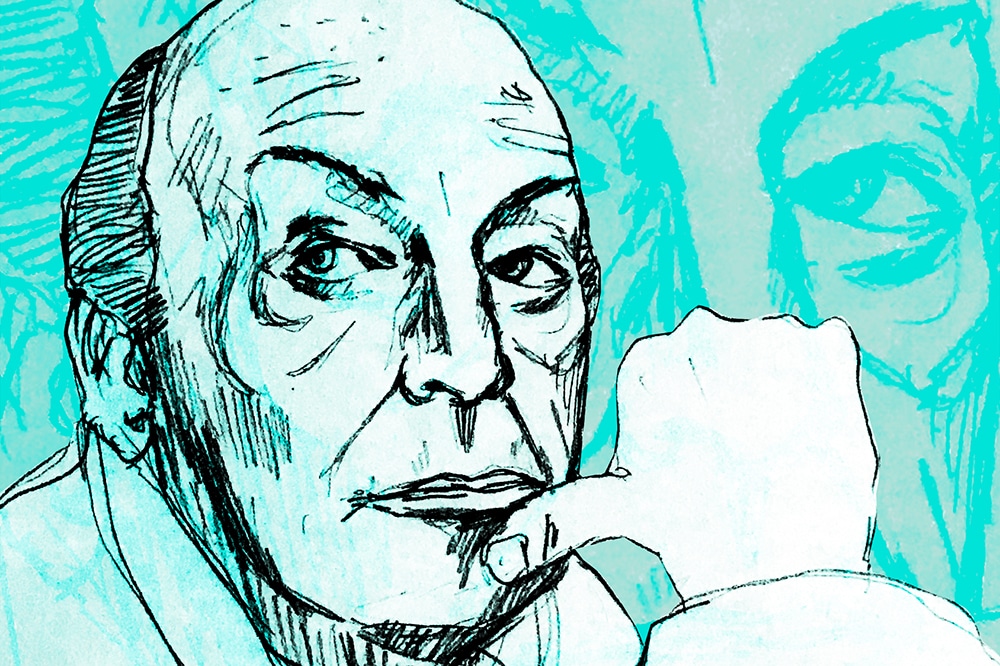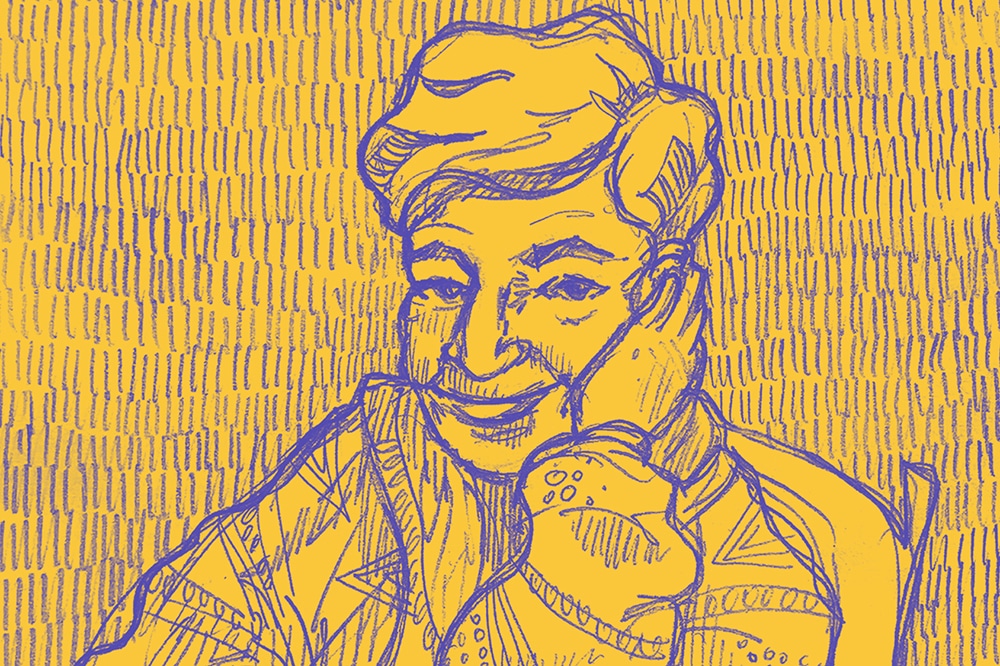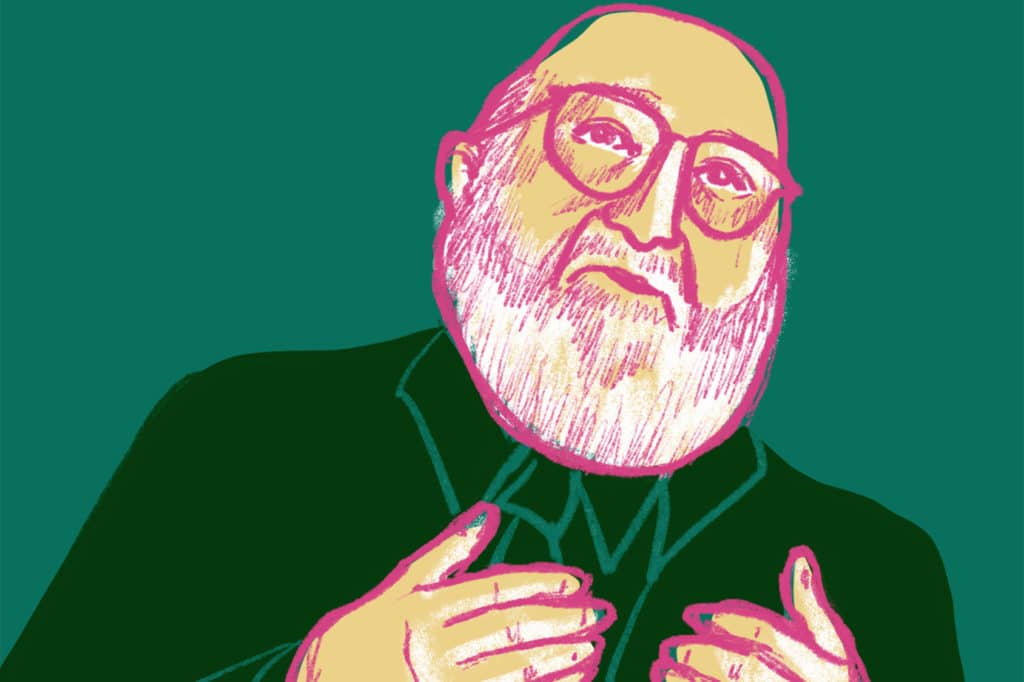Challenges for Popular Movements and Critical Thought
For quite a few years, the people of Latin America and the Caribbean have been confronted by a new advance of imperialism and capitalism, which has revived a process of recolonization in the region. The agenda of ‘reforms’ driven by these various neoliberal and neofascist projects is mirrored from country to country. As these projects have driven their agendas, the interests of the people and their movements in Latin America and the Caribbean have been forced to take a step backwards. Social and economic life has been eroded for the majority of the people and, on the political terrain, democratic institutions have been hollowed out. These policies have, however, corroded the legitimacy of the governments that have promoted them. This is the case in Argentina, where the Frente de Todos defeated the neoliberal project at the polls. and in Brazil, where we have seen the popularity of neo-fascistic president Jair Bolsonaro’s fall.
New processes of struggle and new kinds of popular mobilisation have developed in the region in response to this offensive. Ecuador, Haiti, and Chile are among the epicentres of these new cycles of protest and popular resistance. But the existence of these struggles does not indicate the end of the neoliberal offensive or a defeat of the economic classes that drive it. Their strength lies in their monopoly over capital and in their mobilisation of their power through targeted violence, the corporate-controlled mass media, and more amorphous networks of social communication.
The complex landscape of resistance raises a series of challenges for social movements and for critical thought. Amongst these main challenges and questions, we – at Tricontinental: Institute for Social Research – raise a slate of questions:
- What are the specific characteristics of contemporary capitalism and how do they impact the current projects of neoliberalism and neofascism?
- What is the role of imperialism in the current political context and what are US imperialism’s methods of intervention in the region?
- What role do the apparent decline of US imperialism and the geopolitical disputes with an emergent China play in Latin America?
- What are the characteristics of this regressive cycle and the effects – in social and subjective terms – of the transformations that have been imposed on society?
- What are the political forms, methods of governance, and social subjectivities adopted by this neoliberal – and, in its worst forms, neofascist – offensive?
- How do we characterise popular resistances and their agendas as they develop as part of the class struggle against neoliberalism and neofascism?
- How do we rethink the alternatives and how do we conceptualise the construction of a popular project that seeks to create an exit from neoliberalism and a transition to socialism?
- What are the strengths and weakness of earlier progressive and popular projects?
In May 2019, the Buenos Aires (Argentina) and São Paulo (Brazil) offices of Tricontinental: Institute for Social Research held their first Latin American Seminar. At this seminar, we reflected on the past and present of critical thought in Latin America, with particular reference to these – and other – questions. Dossier no. 22 presents a summary of the discussions held in May. This summary is an invitation to a dialogue.
The Past and the Present of Critical Thought in ‘Our America’
From the 20th century to today, critical thought in Latin America and the Caribbean has developed based on theoretical reflections on the political practices and challenges that confront the people. These reflections are carried out by intellectuals who are committed to these movements and rebellions – intellectuals who are often militants from these very groups and whose thoughts are shaped by intense debates about the core issues of the continent’s emancipatory projects. These projects include the struggles against colonial domination and for independence in the 18th and 19th centuries as well as the projects of national liberation and socialism in the 20th century. Central to these projects is a regional or continental project that we call Nuestra América or ‘Our America’, stemming from the project to unite the Americas against colonialism.
The field of critical thought addresses different traditions and currents of Marxism that have flourished in the region. It refers as well to a wide range of studies and schools of thought that – without directly subscribing to Marxism – put forward a critical perspective about the prevailing social order and that, in various ways, weave together the desire for social transformation.
During the last century, this school of critical thought has concentrated much of its energy on debates about two important issues:
- The characteristics of the social and economic formations in the region, as well as their relationship to global capitalism and imperialism.
- The configurations of subaltern subjects, their modes of organisation, their forms of collective action, their projects and agendas for transformation, and their political strategies.
The Peruvian Marxist intellectual José Carlos Mariátegui said that Indo-American socialism cannot serve as an exact trace or copy for new generations. Rather, he wrote, it must be a ‘heroic creation’.
In the 1960s, the school of critical thought experienced a profound renewal. The Cuban Revolution of 1959 and the revolutionary wave that it inspired produced a new set of debates. An important aspect of this was the revitalisation of Latin American Marxism, which had two main contributions: first, it enlivened the regional debate around revolutionary activity and thought, and second, it provided a counterpoint to the Soviet Marxism of that era. Rooted in the experience of Latin America, this critical thought developed a range of significant theoretical currents and inserted them into the global debates of the Left. These currents included dependency theory, liberation theology, the coloniality of power, popular feminism, the pedagogy of the oppressed, Latin American political ecology, and a new transformative constitutionalism (distinct from the colonial liberal constitutionalism that prevails).
By the 1980s, the debate centred around the challenges facing the region as states moved from military dictatorships to democracies and even towards revolutionary processes. Ten years into the neoliberal democratic transition, the debate became dominated by the characteristics of neoliberal globalisation and the Washington Consensus and whether an alternative to these processes was possible. By the 2000s, thanks to various left-wing victories at the ballot box from Venezuela to Argentina, the debate shifted to focus on the characteristics of the post-neoliberal transformations and the social formations that propelled them forward.
Critical thought in our current political conjuncture faces a debate about the characteristics of the neoliberal and neofascist offensive and the challenges that these offensives raise for popular movements and emancipatory projects. This debate engages three important dimensions: the character of contemporary capitalism, the new monsters that drive it, and the possibility of necessary alternative futures.
The Contemporary Configuration of Imperialism
A key question for reflection today is to understand whether the United States has entered a crisis of hegemony. The loss of legitimacy of the US’ imperialist project seems to have reached a point of no return.
A point to highlight here is the displacement of the axis of accumulation of capital on the global scale from the West to the East. In this framework, China appears as the centre of a new pattern of capital accumulation. This is clear not only from its sustained economic growth – even though the rate of growth is no longer what it was a few years ago – but also from its new cycle of technological innovations and its enormous investment in research and development. The project of the New Silk Road has increased the inter-connections across Asia. It has reactivated dormant production systems in other regions of the world. Could China’s economic dynamism result in a new boom of commodity prices? If this were to happen, it would change the economic conditions in Latin America.
The dispute over hegemony has unsettled the world order, which already faces a general – and long-term – crisis of capitalism. Cycles of debt and fiscal as well as monetary crises clash with the intensification of rivalries and interventions in the Global South.
Latin America is in the midst of an economic downturn, with some countries already in the midst of a recession. This downturn has been deepened by a dynamic of financialization promoted by the United States. The acceleration of financialization is an expression of the progressive decline of the United States as a global hegemonic power, a dynamic that we have seen in earlier cases of the decline of hegemony, from Holland to Great Britain, which were similarly preceded by a shift to financialization. Only Bolivia, whose growth rate has increased by above 4% and remains at this level, has escaped this general downturn and instability.
The United States has long considered Latin America to be its ‘backyard’. As the power of the US declines, its activity in Latin America – where it seeks the absolute subordination of all countries to its authority – has intensified. Tensions mount as the power of the US declines at the same time that the challenge presented by the East is rising as seen, for example, by Russia’s willingness to exercise its veto to prevent international cover for US military action. Militarization is increasing in the region, illustrated by military drills and operations in the Amazon and in Central America.
In Cuba and Venezuela, a US-driven ‘hybrid war’ or unconventional war has intensified that combines an economic, financial, political, and media blockade. There are two reasons that the United States has pushed this agenda: first, to secure its economic interests and those of its multinational corporations (such as having access to Venezuelan hydrocarbons and minerals), and second, to bury once and for all the cycle of popular governments that led to the rebellions against the neoliberal offensive in the 1990s. The forms of intervention in Venezuela are similar to those that have been used before, but they are now more sophisticated: cyberwar, paramilitary intervention from Colombia, a deeper economic war that includes sabotage, intelligence operations into the Venezuelan military’s command and control establishment, and a political operation to form a parallel government. The rulebook designed for hybrid wars is being applied here in full force. (To better understand this process, please read our Dossier no. 17: Venezuela and Hybrid Wars in Latin America).
The different forms of intervention being promoted by imperialism and by the domestic right-wing in Venezuela demonstrate its strategic defensiveness against the consolidation of popular movements. The possibility of reviving and deepening these movements is being shaped by the imperialist forces’ attempt to use their power to restructure the economic, social, political, and cultural institutions in the region. However, popular struggles continue to find new grounds to confront imperialism. The eventual direction of this conflict cannot be predicted.
The recent socio-political struggles that are being played out today in countries such as Ecuador, Haiti, and Chile signal that popular resistance has once more risen up in the face of the neoliberal offensive. The IMF, a key agent of this offensive, returns to the region on the back of the renewed US imperialist drive in Latin America, illustrated by the largest loan in its history – $57 billion to Argentina (2018) – a process that we discuss in depth in our Dossier no. 10, Argentina Goes Back to the IMF. But if the events in Ecuador, Haiti, and Chile indicate the start of a new cycle of social conflict similar to that which took place at the close of the 1990s and the start of the 2000s, and which produced the left governments of that period, then it is important to study these movements not only for the similarities but for what differentiates them from the uprisings of the past.
In order to have a global understanding of the current moment of the neoliberal offensive, as well as an understanding of the potential of the unfolding conflicts and crises that could open up new possibilities, we must take a close look at the following political developments:
- The results of the elections in Bolivia, with the re-election of Evo Morales and his party.
- The defeat of Macri’s project in Argentina and the victory of Frente de Todos.
- The victory of Frente Amplio in the first round of Uruguay’s elections, with a second round in November.
- The defeat of the right-wing government in several major cities in Colombia’s regional elections.
These election results raise the question of the potential of a new moment of political change in the whole of Latin America. Despite the geopolitical and economic limitations, Argentina’s new government (after its inauguration in December) as well as the experience of the government in Mexico and the continuation of the situation in Bolivia and Venezuela, have placed the question of regional multipolarity on the table.
New Monsters and the Neoliberal-Neofascist Offensive in Latin America
The desperation of imperialism to regain its stronghold in the region – once threatened by the ‘Pink Tide’ of progressive governments in the 1990s and 2000s – has led to the emergence of interlinked neoliberal and neofascist projects. Old ultra-conservative and pseudo-fascistic groups that previously had little legitimacy have now been revived to dispute the political hegemony of the Left. These groups, back in power, have directly attacked political and democratic rights as well as the living conditions of the people (with a special attack on the working class). The emergence of these ‘new monsters’ has become the focus critical thought and popular movements.
These neoliberal and neofascist projects are conjoined by a set of common policies that imitate the Washington Consensus of the 1990s. They call these policies ‘reforms’ when they are in fact highly regressive attacks against labour laws, the management of pensions, tax and fiscal policies, energy production, and a range of other social policies (such as in health and education). A close analysis of these ‘reforms’ allows us to map the shape and characteristics of the neoliberal and neofascist offensive on the continent and of the resistances that are emerging to contest them.
One key aspect of this offensive is the deepening of the extractive-export model for raw materials on the continent. Government policy has gone the way of increased privatisation and deregulation of mining and forestry, allowing private multinational firms to pillage the continent and leave it in a state of socio-environmental destruction. The most dramatic instance of this has been in Brazil, where the government of Jair Bolsonaro has opened up the Amazon to full-scale pillage (as we document in Dossier no. 14: Brazil’s Amazon: The Wealth of the Earth Generates the Poverty of Humankind).
The neoliberal offensive seems to be characterised by a dissociation between what is happening at the economic level and what is happening at the political level. At the economic level, neoliberal projects are subject to extreme instability. They are incapable of fostering sustained growth. What they produce is a ‘neoliberal zombie’, minimal growth, and maximum instability. Pressure comes on the countries of the region to open up their economies through free trade agreements. However, in the old centres of capitalism such as in the United States, protectionist policies operate to give an advantage to their manufacturers and to prevent an outflow of capital to the periphery. Alienated by the United States, the countries of Latin America maintain more favourable economic ties with the China.
The ‘neoliberal zombie’ plunders and commodifies common goods – notably natural resources – and increases the exploitation of labour. It plunders and exploits without any attempt to create a consensus about this pathway. Democratic institutions are set aside. To govern, the ‘neoliberal zombie’ pursues political control through the use of violence against society, through the restriction of liberal institutions, and through the creation of socially conservative ways of being in the world (or ‘subjectivities’).
In the political sphere, the neoliberal offensive has a greater margin for innovation due to a series of developments in the global and regional context. Firstly, neoliberalism reaps the fruit of the subjectivities that it has fostered: among them, social and ideological developments such as individualism, the idea of meritocracy, and a conservative mindset regarding several social fronts. Secondly, liberal democracy has entered a phase of profound crisis with the delegitimization of democratic institutions through such processes as lawfare (use of the law to invalidate popular leaders, a concept that we discuss in depth in our Dossier no. 5, Lula and the Battle for Democracy). The combination of these new ideological developments and the erosion of democratic institutions can be seen clearly in Brazil, particularly during the election of Jair Bolsonaro. As is evident in Brazil, the influence of fake news – which is linked to political interventions that seek to cultivate an anti-political sensibility – is expanding. Brazilian social life has been overrun by various conservative forces, notably in the realm of evangelic socio-religious communities. The emergence and rapid expansion of neo-Pentecostalism has taken place not only amongst the communities of the poor, but it has also fixed itself with right-wing political formations and has played a key role in the election process. Lastly, there are now clear indications of neofascistic ‘grassroots’ activism that have generated mechanisms for mobilisations and street actions. This is seen thus far in Brazil, Colombia, and – of course – Venezuela.
These indications allow us to reflect on the potential of these neoliberal projects to consolidate a stable hegemony. It is clear that these projects have been able to mobilise the worst parts of the social subjectivity produced by capitalist processes in our current period – including individualism, the theory of merit, and pleasure through commodification. The use of organised social networks, new cultural industries, and Information and Communication Technology (ICTs) deepens the hold of these conservative ideologies in the imagination of the popular classes by articulating the worries of working people along the axes of neofascist and neoliberal aspirations.
We are therefore at a crossroads of analysis. On the one hand, on the economic terrain, the neoliberal project has not achieved anything near stabilisation. This is exemplified by the economic difficulties and the progressive deterioration of social life. On the other hand, on the political terrain, we see the emergence of ultra-conservative, repressive, punitive, and even neofascist models which are then affirmed by new cultural industries. It is here that social crises and the authoritarian interventions seem to complement each other. The development of neoliberalism – far from being able to overcome the crisis – reinforces it, thrives on it, and develops malignant political forms by which it attempts to manage it. In the face of this analysis, there is a need to rethink the strategies of popular movements and emancipatory projects in Latin America in order to better combat the consolidation of neoliberalism and neofascism.
Challenges for the Reimagination of the Future
The question of the future is posed before our movements. We are in the stage of building resistance against the neoliberal and neofascist projects. But we must look further, beyond the act of resistance, and towards building an alternative that is anti-neoliberal, anti-racist, anti-patriarchal, and post-capitalist where we are able to produce a new system and new subjectivities.
Eight central themes emerged out of our collective discussions:
- We must elaborate and promote a political and cultural ideological project amongst the masses that raises important questions: what is the utopia of our time? Can this utopia be realised in Latin America? These questions raise an older idea of Nuestra América, ‘Our America’. We must collectively produce a common strategy throughout the continent that lays out a utopian horizon for the construction of ‘Our America’.
- Neoliberal and neofascist projects have placed war and violence at the centre of their agenda. Across the region, the neoliberal and neofascist projects are using war, violence, and militarisation as a method of governance. They focus on eliminating the ‘other’ – often a relatively powerless group – an attitude that simultaneously creates ideological cohesion around their core group. Social and community bonds are frayed by this practise as these right-wing projects mobilise the state apparatus and sections of civil society for violent attacks. This is why it is important to reflect upon and affirm the importance of the strengthening and politicisation of social and community bonds in order to achieve a future that is based on a genuine notion of peace.
- Neoliberalism and its regressive social programmes fragment society. Nonetheless, experiences of struggle and collective action are visible across the continent. These struggles must be amplified and studied. Such grassroots and mass work are required to build these struggles – both in terms of reconstructing social bonds and of building political platforms that are capable of embodying emancipatory proposals and projects. This raises the question of what kind of political education is necessary, including how to intervene in the Battle of Ideas. (For more on the Battle of Ideas, see our Dossier no. 12, The New Intellectual).
- Neoliberal projects have created social and political disorder, resulting in the stagnation and demoralisation of the mood of the public. This raises the question of how to oxygenate social life and how to enliven political organisations and popular movements in order to radicalise democracy.
- The challenge for critical thought and the emancipatory project is precisely to incorporate the inter-sectoral goals of LGBTQIA, feminists, and afro and indigenous peoples in a revolutionary perspective; to support an integral view of the oppressions of our people and to place identity politics in a revolutionary perspective.
- Faced with the rise of evangelical movements that are aligned with the right, we raise the question of whether it is valuable to build an alternative path for the spiritual needs of the popular classes. Such a spirituality would contend with questions about the meaning of life and of social existence and would seek to build socialist values and ethics over the values and ethics of consumerism, individualism, and social fragmentation produced by the neoliberal project. Such a discussion would go beyond the spiritual in order to open up a debate around social and economic questions of how to build collective production and how to imagine the alternative society that we seek to build. In the context of Latin America, it is important to research the practices and social subjectivity promoted by neo-Pentecostal churches and to study the experiences of liberation theology as well as other traditions of popular piety and secular views that would help us to construct a collective, popular alternative to the neoliberal project.
- Central to this is a discussion of the limits of the progressive projects of the past, which would help us to imagine new emancipatory projects for Latin America’s future. We have to look carefully at the dimensions of production, distribution, and consumption that advance a socialist agenda that also values the environment and all social communities. Only this kind of comprehensive view of society will help us create the path for the necessary transition to an emancipatory future. To find an exit from the current neoliberal project, we have to face the reality of external indebtedness and the reliance upon financialization and extractivism in order to make payments on that debt. Alternative models of development that are not restricted to one country but that are framed around regional integration must be considered (the impulse that led to the creation of ALBA, UNASUR, CELAC, and others). Any new project must – on an ideological and practical level – help us develop a concrete project around the concept of ‘Our America’, Patria Grande (‘Our Homeland’), and Abya Yala (referring to the American continent in the Kuna language).
- As part of the project to build an emancipatory future, it is important to discuss scientific and technological developments and debate the effect of these developments on social communication, cultural change, the production of social subjectivity, and the use of these technologies for the surveillance and suppression of people (through cybersecurity, for example). A critical leftist perspective must be developed on these kinds of scientific and technological processes. A neutral attitude is not possible.
The questions raised here do not exhaust what must be studied and debated regarding the construction of a necessary and possible future. Our task is two-fold. First, we must imagine these futures theoretically based on our past experiences and reflect on and amplify the popular experiences that are currently taking place. Second – based on this – we must anticipate the direction of change. Such questions, and such an attitude, guides the path of our work at the Latin American offices of Tricontinental: Institute for Social Research.

